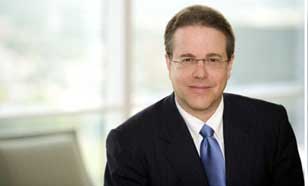When a company receives an adverse judgment holding it responsible for hundreds of millions in damages, shareholder derivative suits often follow. A typical claim is that had the board exercised proper oversight, the company and its stockholders would not have suffered such severe monetary losses. When a stockholder makes a demand on a board that it take action against the officers and directors allegedly responsible for the company’s losses, the board is obligated to take a position on the demand following appropriate investigation. When and for how long the company is entitled to investigate depends upon the context. If, for example, a stockholder receives no response from a company for six or more months after delivery of a demand, the stockholder can file a derivative action and claim that the board’s refusal to investigate is wrongful. Where the factual predicate underlying the claimed injury is not finally determined, however, as when a judgment for monetary liability is on appeal or the claimed losses are the subject of ongoing securities claims, the Delaware Court of Chancery typically will stay the derivative action. The Court of Chancery’s well-reasoned transcript decision in Hays v. Dvorak, C.A. No. 9768-CB (December 15, 2014), illustrates the practical approach that guides the court’s resolution of a motion to stay when the underlying factual predicate for the plaintiff’s claim of injury may be reversed or substantially modified on appeal.
Background Facts
In February 2013, a jury in a patent infringement action in federal court in Michigan found that Zimmer Holdings Inc. had infringed certain patents of Stryker Corp. and its affiliates and awarded $70 million in damages. In August 2013, the judge found that Zimmer’s infringement had been willful and awarded treble and other damages. Zimmer appealed to the U.S. Court of Appeals for the Federal Circuit. Oral argument occurred Sept. 8, 2014. Judgment in the trial court was stayed pending resolution of the appeal. By the time of the motion to stay in Delaware, Zimmer was liable for $228.9 million plus Stryker’s attorney fees if the Federal Circuit were to affirm the judgment.



